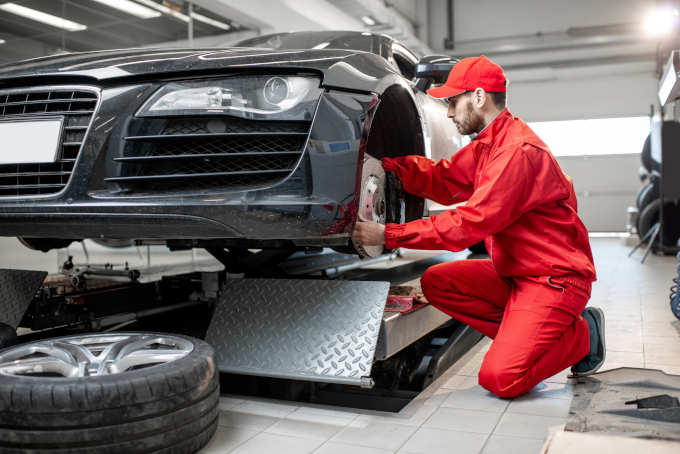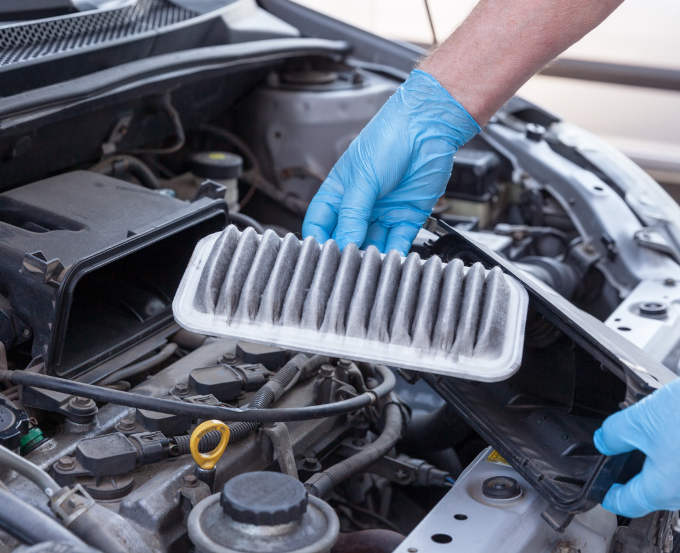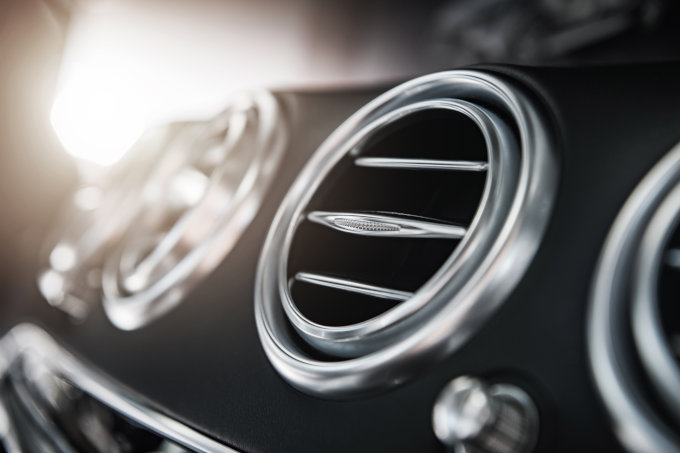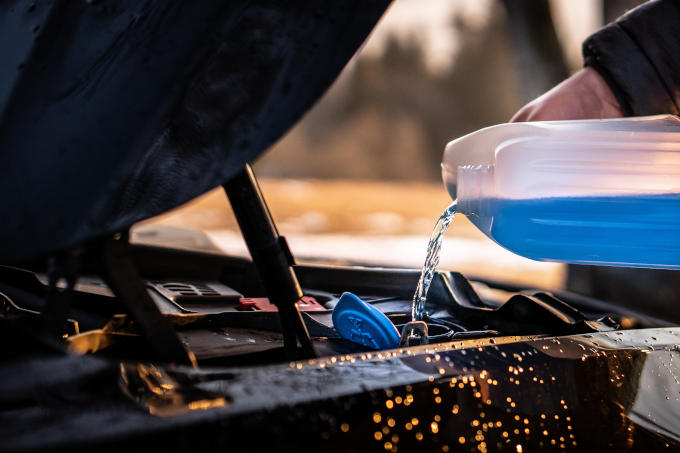Originally published on 07/14/2015
Updated on 08/29/2023
Working brakes are incredibly important for safe driving. Sometimes, there are signs telling you that your brakes might need help or replacement. But other times, issues can show up out of the blue.
Feeling the Brake Pedal
Paying attention to how the brake pedal responds can help you stay safe. To figure this out, simply press the brake pedal with your foot and notice how it reacts.
Brake Pedal Sinks to the Floor
If you press the brakes and the pedal goes all the way down without resistance, that's a red flag. It could mean there's no brake fluid left, and your brakes have stopped working. This is a big problem. Don't drive the vehicle until a professional checks it.
Brake Application Causes Steering Wheel to Shake
If you notice a vibrating sensation in the steering wheel while pressing the brake pedal, it indicates that the brake rotors are warped and nearing a state of deterioration. When you apply the brakes, the brake pads grip the rotors, generating intense heat exceeding 1000 degrees. Subsequently, releasing the brakes allows the rotors to cool down. This repeated cycle of extreme heating and rapid cooling occurring throughout your brake's lifespan gradually warps the rotors, leading to the noticeable vibration felt through the steering wheel whenever you use the brakes.
Common Causes of Brake Problems:
- Brake lines are worn out or broken.
- Brake fluid is leaking.
- Something is blocking the brake line.
- The pedal or master cylinder is damaged.
- If your vehicle has been sitting for a while or exposed to the elements, it could have hidden damage underneath.
Brake lines might not always show signs of trouble right away, especially if there's still a bit of fluid left inside. This is dangerous because your brakes could suddenly give out without any warning.
Leaking brake fluid can mess up your brakes' performance. If something is blocking the brake line or squeezing it too tightly, your brakes won't work properly.
Sometimes, issues with the pedal, caliper, or piston can prevent you from stopping effectively. If this happens, it's important to get your brakes fixed without delay.
A bad master cylinder could also be the culprit. If it's not working properly, it needs to be replaced along with the brake lines if there's a leak or problem there. Without a functioning master cylinder, your vehicle won't be able to stop.
Staying Safe with Regular Maintenance
Taking care of small problems before they become big ones is a smart move. Regular maintenance can help you do that. Addressing issues now can prevent bigger emergencies down the road.
When the Pedal Feels Strange
Normally, when you press the brake pedal, you should feel pressure building up. This lets you know the brakes are working. But if pressing the pedal feels hard or unresponsive, something might be wrong. It could be the brake booster, which a mechanic can replace. Or it might be a stuck caliper, wheel cylinder, or brake line.
Noisy Brakes Aren't a Good Sign
If your brakes are making noises like grinding, squealing, or metal-on-metal sounds, it's best to have them looked at by a professional mechanic. It could be something minor like dust or debris on your brake pads, or it could signal a more serious issue like a faulty master cylinder or worn-out pads.
No Matter the Brake Issue
At AAMCO Lee's Summit, we're experts in brakes. We can take care of brake problems for all types of vehicles. If you have questions or need assistance, don't hesitate to give us a call. Our goal is to help you drive safely.










